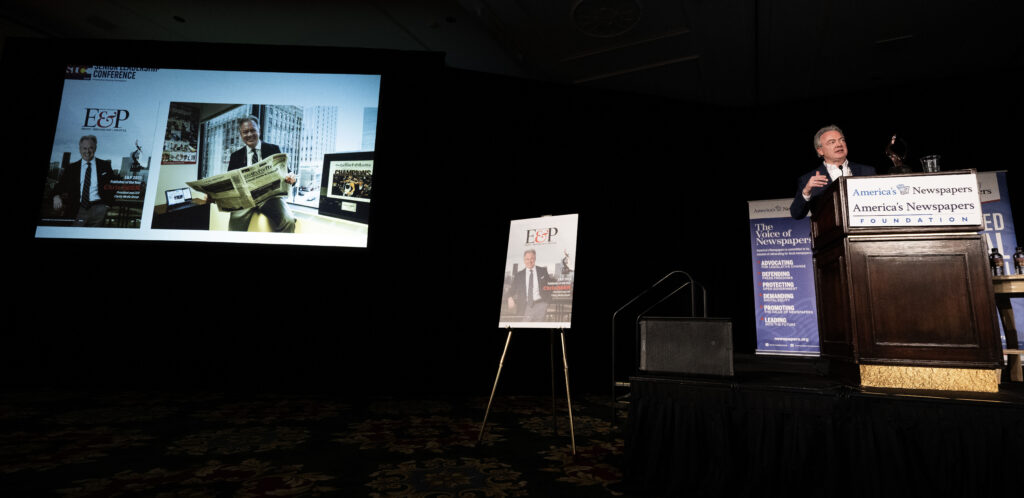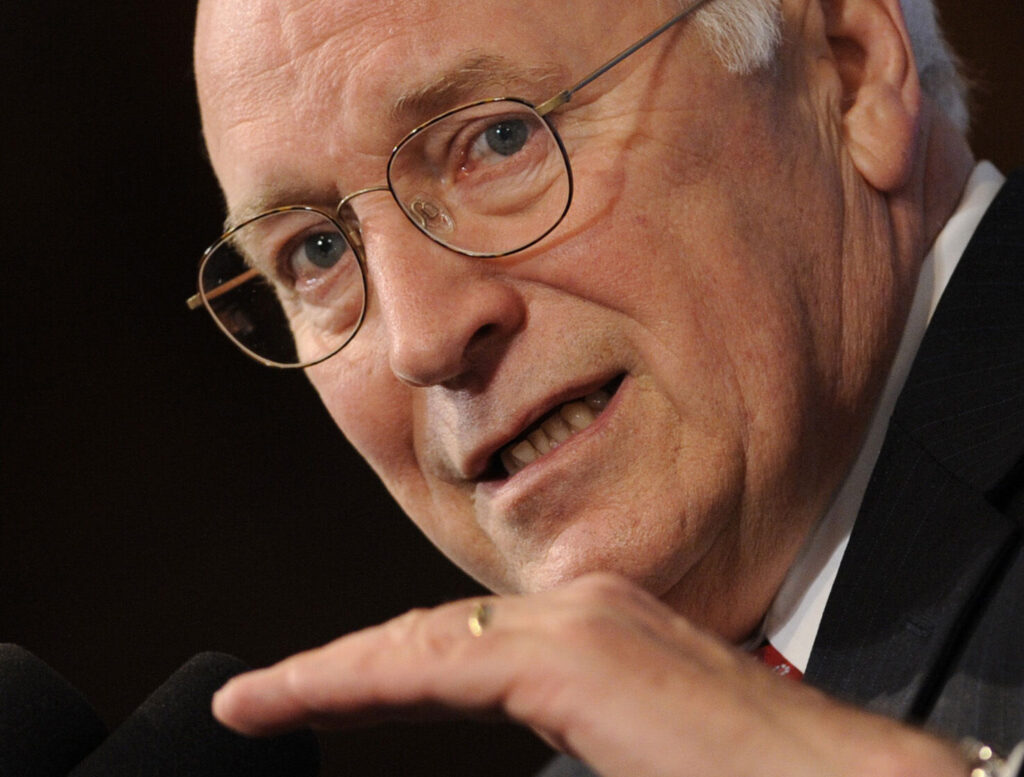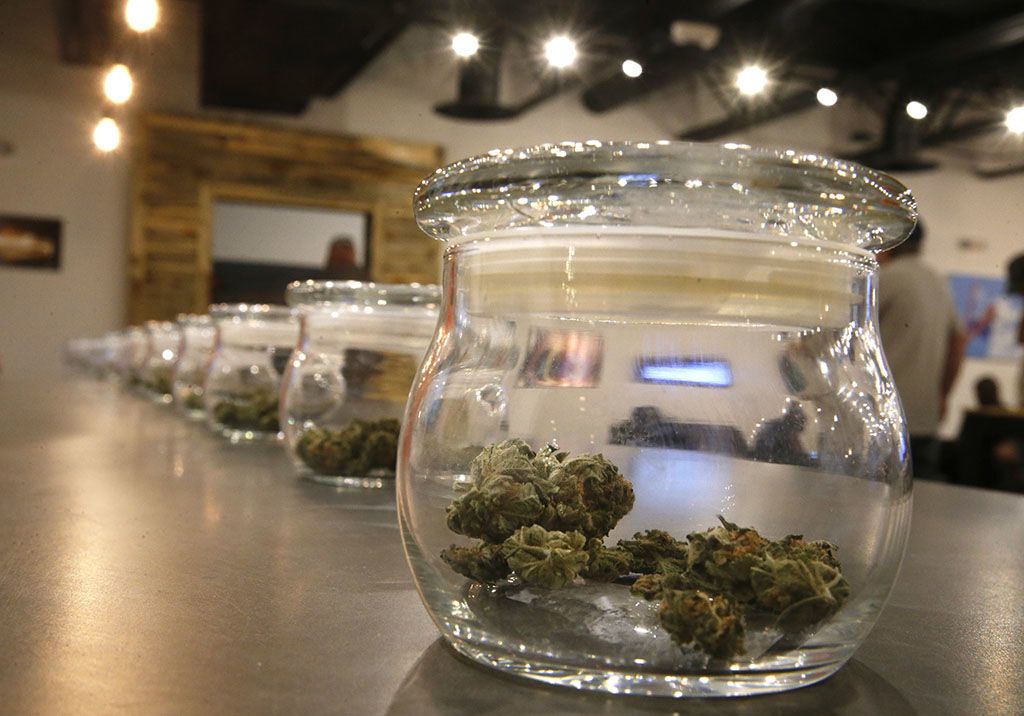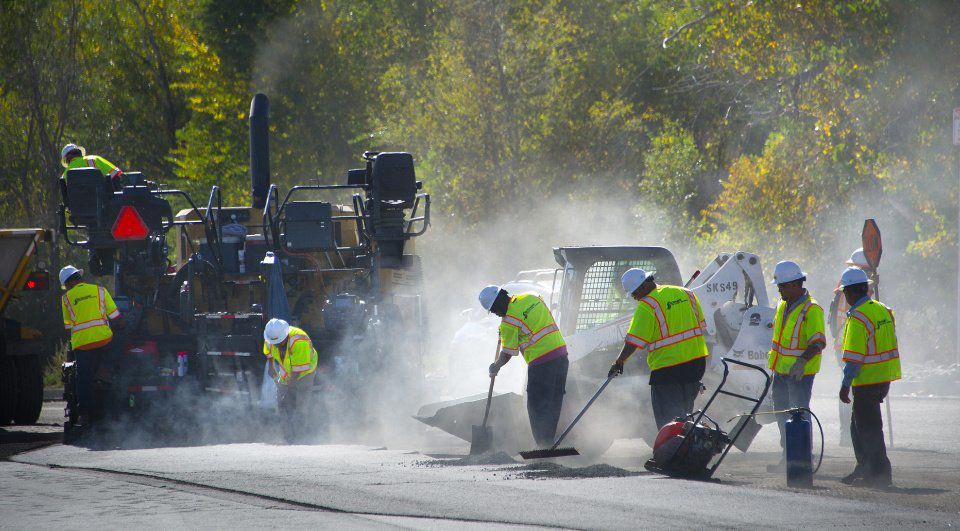Glenn came closer than expected, but enigmatic candidacy hampered U.S. Senate bid
Darryl Glenn supporters had plenty of reasons to be discouraged during his 22-month campaign for U.S. Senate.
But losing by 4.2 percent to a well-financed incumbent, Michael Bennet, could be considered a moral victory for a once little-known candidate.
On Election Day, the RealClear Politics average of major polls gave Bennet a 7.4 percent edge. In September, Glenn trailed 52 percent to 37 percent. Bennet had more than a dozen ads on TV, starting in the spring. With a surge of late donors, Glenn had one, which showed him jumping rope and lifting weights and looked more like a Bowflex commercial.
Glenn, however, received 12,597 more votes than Donald Trump in Colorado. That’s surprising because for much of the campaign, Glenn was a strong Trump supporter. But when an “Access Hollywood” tape emerged with Trump demeaning women in crude terms, Glenn broke ties. Two days later, he said he wanted to talk to Trump before deciding. A few days later, though, he said he would not endorse the Republican nominee, but would still vote for him.
“I tend to think that the frame here is that Glenn over-performed expectations and polls that had him losing by 8 to 10 points – polls that got the presidential margin pretty closely – but mainly because the Bennet campaign did not really perceive Glenn as a real threat the entire race,” said Kyle Saunders, a political expert at Colorado State University. “Nor did outside money or the DSCC (the Democratic Senatorial Campaign Committee), or they would have been much more involved here.”
Republicans saw Bennet as vulnerable a year ago, but could not coax their A-list of potential candidates to jump in the race, people such as U.S. Rep. Mike Coffman of Aurora, Arapahoe County District Attorney George Brauchler or state Senate President Bill Cadman of Colorado Springs.
Fundraising struggles
Glenn won a place on the ballot after a passionate, well-received speech at the state Republican Convention in Colorado Springs in April, and then beat four other candidates for the nomination in June.
Then he lost traction. The fundraising for the millions of dollars needed to run such a campaign sputtered, because Glenn had moved so far out against the establishment Republicans that the establishment turned its back on him when he needed their cash, said Denver pollster Floyd Ciruli.
“He did not get an initial believability from his own party, or from an attentive public,” Ciruli said. “He, by and large, represented the most conservative part of the party. He ran so hard as anti-establishment in the primary it pretty well saw to it he wouldn’t get money from national Republicans.”
Glenn raised about $3.5 million, compared to more than $17 million by Bennet. His most reliable outside donor was the Senate Conservatives Fund, the uber-conservative political group with tea party origins headed by former U.S. Sen. Jim DeMint, which ponied up more than $1.6 million for Glenn.
More than 30 percent of his support came from donors who gave less than $200.
Bennet received nearly $4 million from special interests and political action committees, financial disclosure reports indicate.
State Republican Party Chairman Steve House predicted when the polls were against Glenn just weeks from the election that he would exceed expectations.
But as he needed to get his name and his platform out beyond El Paso County, Glenn refused to communicate with media he didn’t think had treated him fairly in the past.
His campaign also declined requests to discuss the race for this story.
Missed opportunity
Chris Meagher, a spokesman for the Colorado Democratic Party, said Glenn just ran up against a better candidate in Bennet, and the “extreme” conservative views Glenn expressed during the primary, such as saying he wouldn’t compromise with Democrats, caught up to him when he had to appeal to a broader electorate in the general election.
“Darryl Glenn may be the only person in the world who thinks there’s too much bipartisanship in Washington,” Meagher said.
The state Republican Party did not respond to a request for a comment.
Independent Colorado political analyst Eric Sondermann said beating Bennet was a missed opportunity for Republicans.
“The real takeaway is that candidate selection matters. Darryl Glenn was always the longest of long-shots to unseat Michael Bennet,” he said. “In the context of this election, a more viable Republican candidate could well have run three or four points better and mounted a real challenge.”
He likened it to 2010, when Republicans practically handed Gov. John Hickenlooper his first term by nominating Dan Maes, who because of scandals and intra-GOP fighting got just 11 percent on Election Day.
CSU’s Saunders agreed.
“Part of the reason the Rs didn’t run someone better off their bench is because of Bennet’s superior cash on hand position and the perception that this was going to be a good Democratic year” based on recent election cycles in Colorado, he said.
“Obviously, in retrospect, with what we know now, the GOP very likely wishes they would have run a higher quality candidate, but even then they would have run into Bennet’s incumbency advantage and likely tenacious backing from other support. It would have taken a candidate with (Cory) Gardner-esque political acumen to pull that off.”











